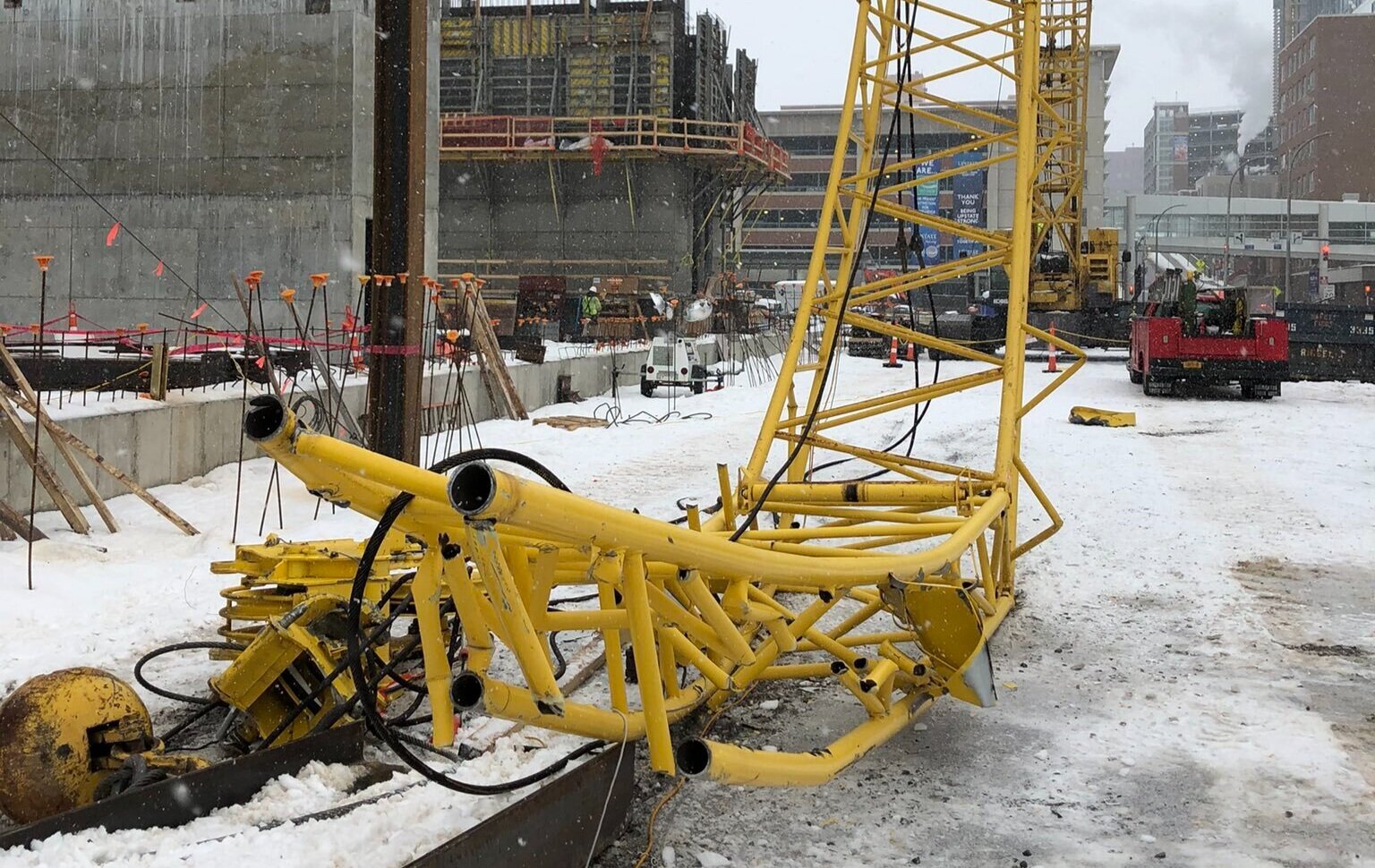photo by Chris Harrison, CC BY-SA 2.0
Finding enough labor to complete jobs has been a problem for many companies in the construction industry over the past few years. Amid a construction “boom” in many areas, general and subcontractors are accepting jobs without enough people to work them, so some have turned to hiring “subs of subs” to supplement their work, a report published by The Tennessean says.
Subcontractors to the subcontractors generally tend to be less sophisticated, in a business sense, than the original subcontractors, and it could be the cause to Nashville’s sharp rise in construction deaths over the past two years, according to Mike Reicher of the Tennessean. Nashville has lost 16 construction workers from 2016 to 2017, which far outpaces any 2 year span in the past decade. Granted, Nashville’s construction sector has been booming, but that’s still more construction deaths than Austin, Texas; Orlando, Florida; and Memphis, Tennessee, among others, he said in a separate article.
10 out of the 16 deaths were the result of a fall from height when the worker was not wearing any fall protection. Nationally, falls from height account for around 40% of all construction fatalities every year.
When a subcontractor hires another sub to carry out its contract, not only can the jobsites become more unsafe, but it also muddies the water with regards to liability if something goes wrong. From OSHA’s point of view, the general contractor can still be responsible for keeping all workers on its jobsite safe, but past citations have shown that the direct employer is more likely to receive violations, at least in Tennessee.
Another part of the problem, the report states, is that random OSHA inspections dropped off a tremendous amount just as the Nashville boom was hitting. In 2008, Tennessee OSHA (TOSHA) made 760 random safety inspections. At its lowest point since that time, in 2016, TOSHA only performed 172 inspections. The agency believes they have overcome some of the issues that caused the reduction in inspections. Last year, the agency raised their number of random inspections to 331.
It takes 12 to 18 months to train inspectors before they can conduct their own inspections. The agency was seeing far too much turnover from staff, due to its relatively low pay of $47,000 to inspectors and they have since raised that salary to $57,000 to combat against companies who were offering their inspectors around $80,000, according to the former administrator of OSHA David Michaels.
Full story: Using 'subs of subs,' contractors able to evade liability in construction worker deaths | Tennessean
Full story: Special report: Amid Nashville’s housing boom, safety rules are ignored and more workers die | Tennessean











Last summer, Hilti announced that they had developed their first exoskeleton designed for construction tradespeople in a partnership with Ottobuck, a prosthetics, orthotics, and exoskeleton provider. Earlier this month, Hilti officially released the exoskeleton, announced more details, and published its retail price on their website.